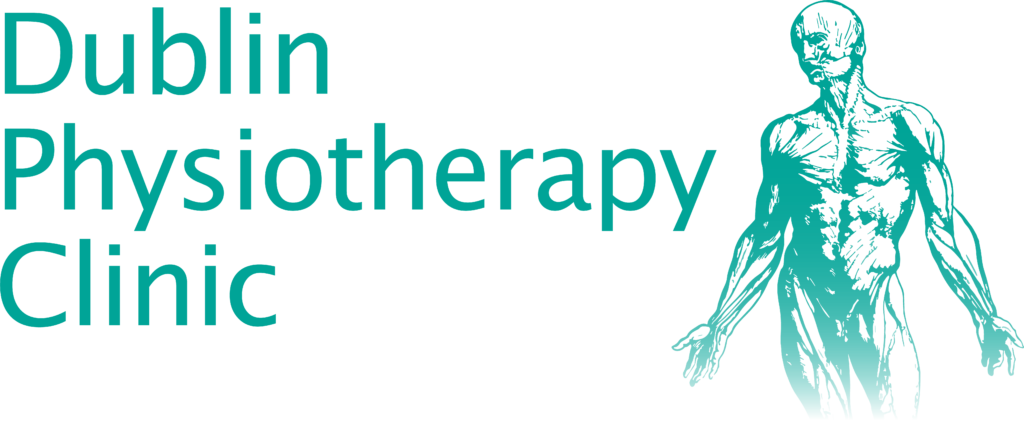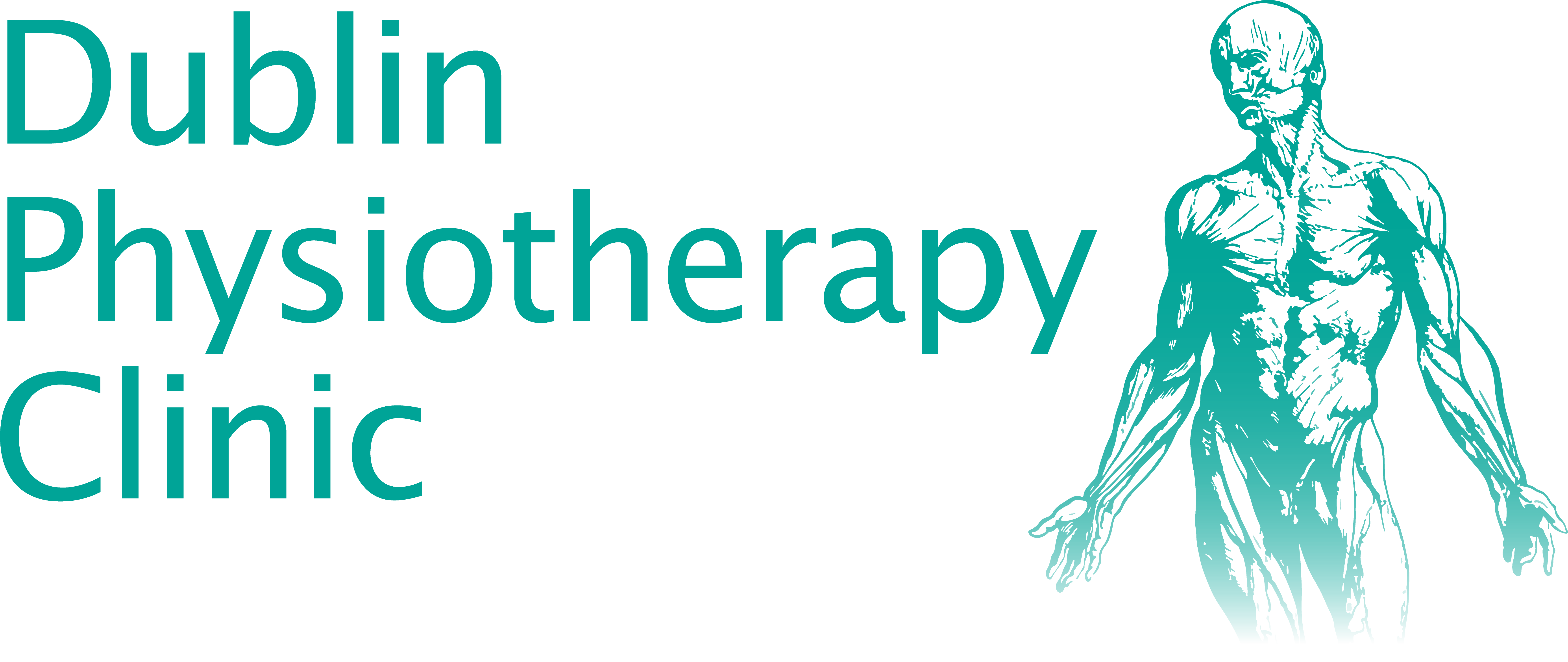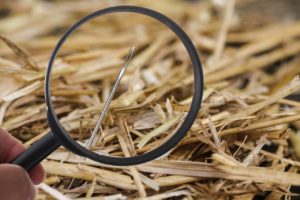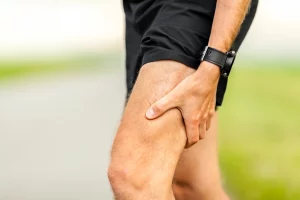In his latest video, chartered physiotherapist David Fitzgerald wants to wish you a happy 2019, mentioning some of the new year resolutions everyone should have. If you haven’t seen David’s previous vlogs, then you might want to check them out in order to know more about Dublin Physiotherapy and low back pain more in general.
Although most of his previous videos revolve around different problems related to back and spine issues, in this New Year video, the physiotherapist wants to give you a simple suggestion that, if applied daily, will help you improve your musculoskeletal health.
What’s the musculoskeletal health?
Before going into detail with the daily routine David suggests to follow this new year, it’s important to understand the terminology he uses. This rather complicated word (musculoskeletal) refers to everything that deals with the mechanics of your body functions, from joint functions, which keep your weight bearing joints functional (your knees and your spine for instance) to your flexibility, which allows you to move efficiently.
What’s essential is to preserve our muscle strength, a critical component that affects our movement functions. Statistics say that people lose on average about 2% of muscle mass a year after the age of forty; this gives you an insight on how our muscular structure works. David goes more in detail on this matter, offering an expert take on these statistics, it is therefore advisable to watch the video in order to understand more on this.
What are the best exercises to preserve a strong muscular structure?
The best way of keeping a strong muscle structure throughout the years is by doing resistance exercises, whether you decide to use your body weight or external weights. The people most affected by this issue, as already explained, are over-40s, however it’s important to always keep our muscles exercised throughout our life so that ageing will have very minimal effects on our bodies.
If you think about maintaining a good musculoskeletal health then you need to think of it in a broader way. If you have joint issues, then of course consider physiotherapy, which can help you resolve these issues and work on strengthening your overall musculoskeletal structure. Also keep in consideration that, some times, it can happen that the joints get sore due to some muscle control issues. If there are deficits in your muscle strength, in fact, it’s important to work on these, reducing the possibility of this deficit to affect the correct functioning of your joints.
In order to determinate what’s the degree of gravity of your issues and at what level you are now, you should seek professional advice. Going to a clinic like Dublin Physiotherapy, for instance, will speed up your healing process as you will be asked to undergo a series of physical tests supervised by a chartered physiotherapist who will promptly give you a diagnosis and come up with an action plan to solve your problem, whether this is joint-related or, more broadly, musculoskeletal.
Other components to keep in mind
Of course, there are other components you should keep in mind if you’re experiencing mobility-related issues; one of these is flexibility. Every individual loses some of their flexibility naturally during the aging process, leading to more resistance to movement, which usually makes it more awkward for them to do any movements, with a much more intense muscle work. Trying to identify where the patient’s deficits are and having a specific map of these is the first and most important step. For this reason, it’s always advised to seek professional help as more often than not issues that might seem unresolvable as caused by the aging process can actually be resolved or at least improved with exercise and physiotherapy.
Many of the issues discussed can be expanded more in depth, however, the overall message of this video was to always take care of your health and, if something doesn’t feel right, seek professional help to find a solution.
You will hear more from David soon, in his next vlog.




